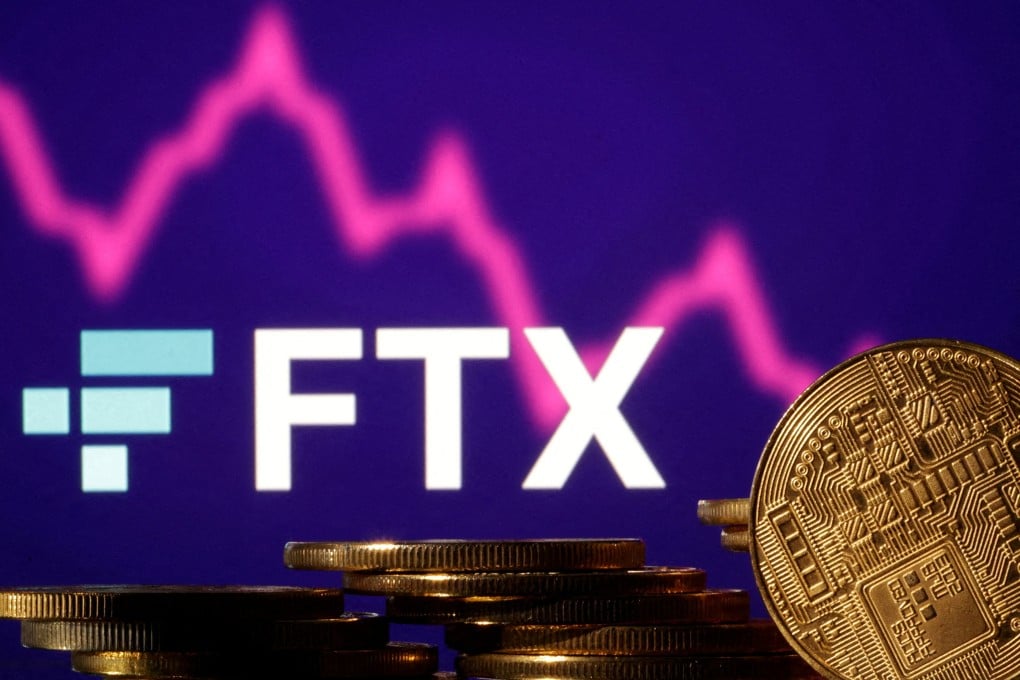Advertisement
Asian Angle | Cryptocurrencies are facing an ‘existential moment’ – and time is running out to align on standards
- International crypto regulation is suffering from coordination problems. FTX’s collapse signalled greater urgency is needed to harmonise standards
- The deepening ‘cryptocurrency winter’ has wiped out more than US$2 trillion from digital currency markets globally over the past 12 months
Reading Time:4 minutes
Why you can trust SCMP
1

The sudden implosion of FTX earlier this month – the world’s second largest cryptocurrency exchange – has delivered a body blow to the crypto world. As the contagion spreads throughout the ecosystem, with cryptocurrency lender BlockFi edging towards bankruptcy and exchanges Crypto.com and Binance assuring investors they won’t be next to fall, many fear cryptocurrency’s “Lehman Brothers’ moment” has arrived.
Precipitated by earlier tremors, like the collapse of stablecoin Terra Luna and cryptocurrency bank Celsius Network, this crisis has taken 2022’s crypto winter into an even deeper freeze. All told, the meltdown has wiped out more than US$2 trillion from global cryptocurrency markets over the past twelve months.
At this week’s V20 Summit in Bali, an official G20 event and the cryptocurrency industry’s peak regulatory industry dialogue, delegates have grappled with the fallout.
“This is an existential moment,” summit chair Mark Pesce told the conference in his opening remarks.
Advertisement
“The industry that emerges, post-FTX, will not look very much like that which existed pre-FTX. That simply won’t be allowed – both for political reasons, and for financial ones … we’re in for a very rough ride.”
The urgency to enhance oversight of cryptocurrency is building. Yet, despite policy proposals from industry bodies and efforts by international standard setters to guide governments, effective regulation has been hampered where it really counts – in nation states. Though there are several notable leaders such as Singapore and Switzerland, many countries have not yet introduced a complete legal framework for digital assets.
Advertisement
The absence of clear laws has permitted opaque, overleveraged platforms like FTX to morph into pillars of the supposedly-decentralised industry. Now, as their shoddy foundations begin to crumble, they pose a systemic risk to the entire ecosystem.
Advertisement
Select Voice
Select Speed
1.00x
